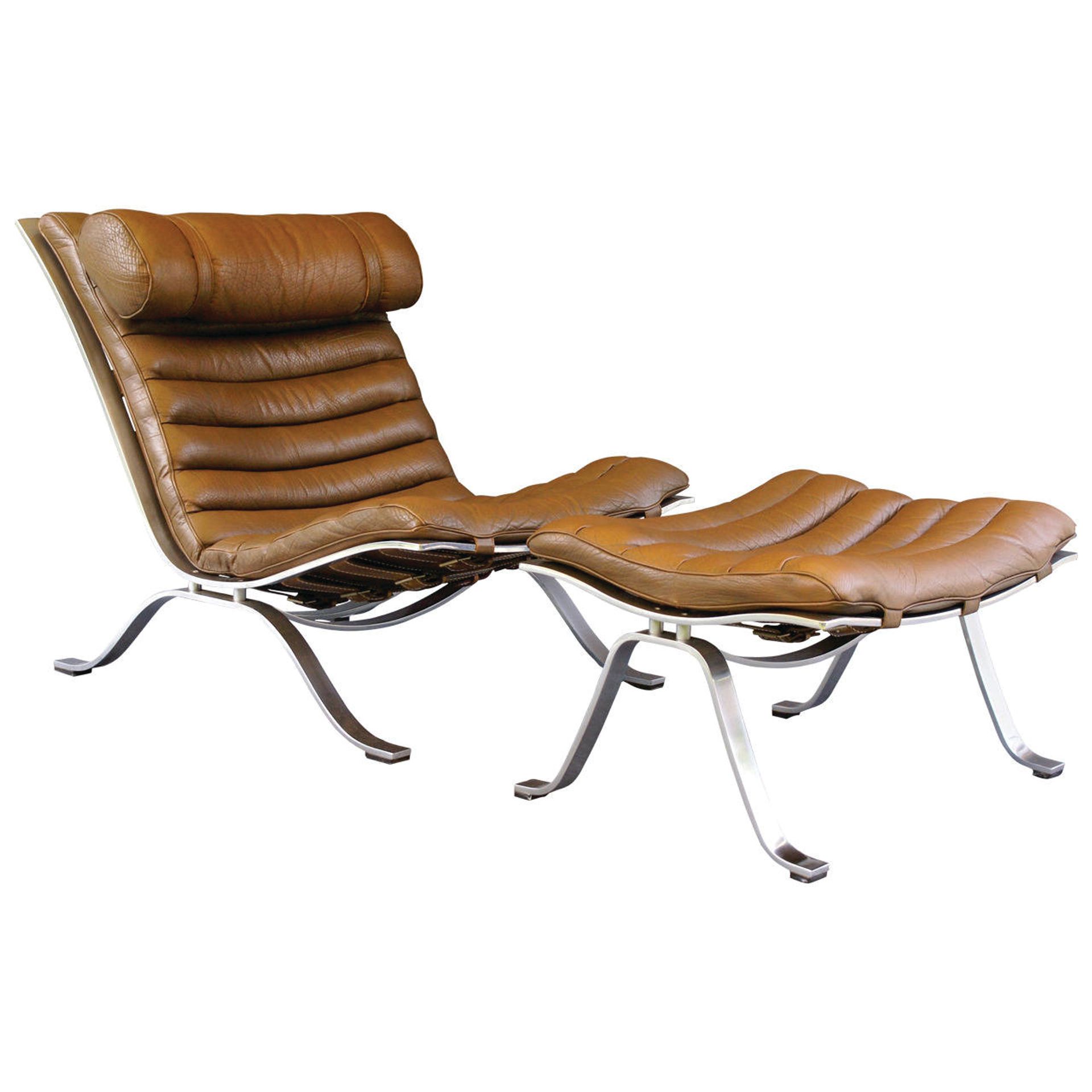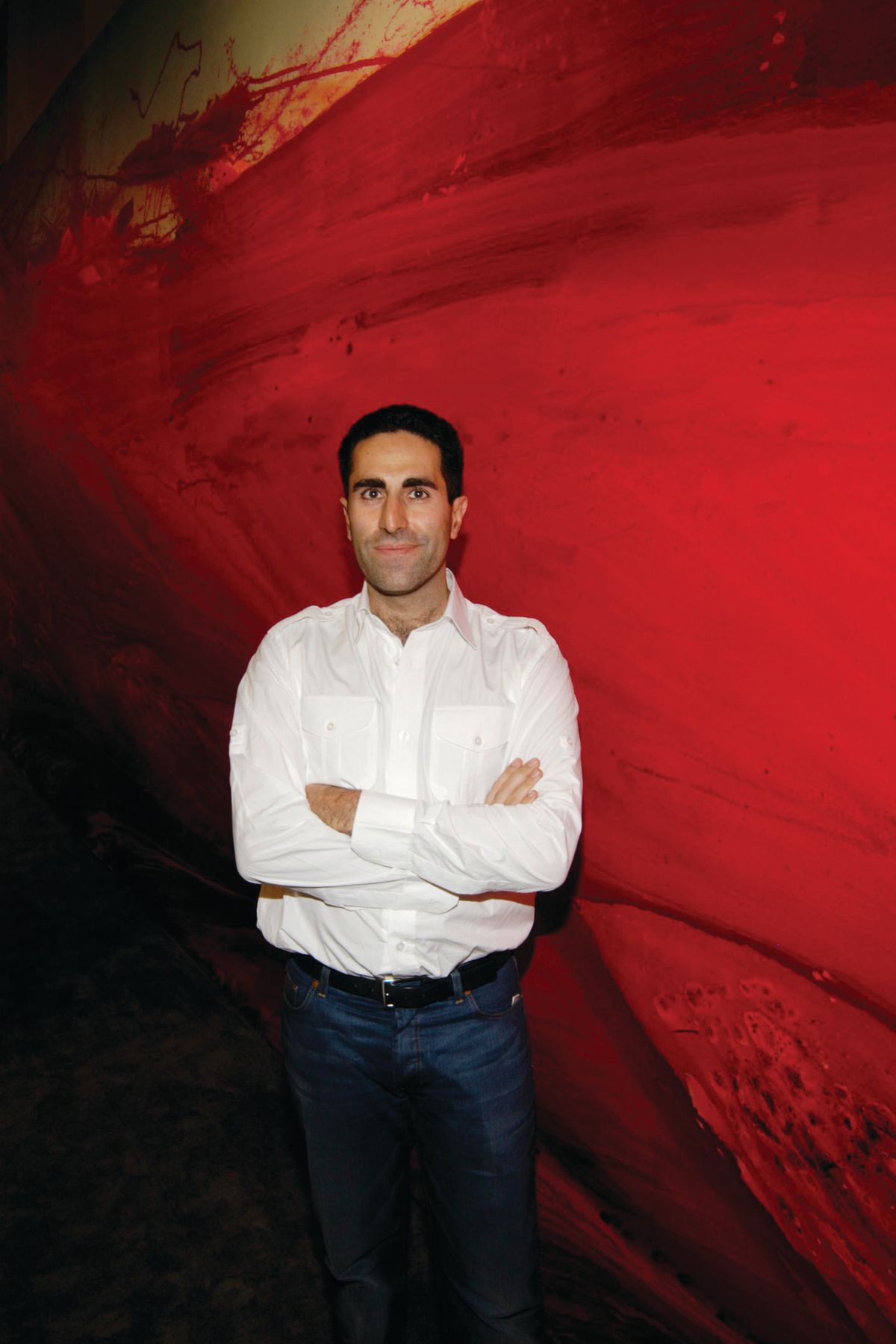The trial of claims against Amir Shariat, the former art adviser to the collectors Eskandar and Fatima Maleki who stood accused of making secret profits at the couple’s expense, came to an abrupt end at the High Court in London on 20 July when the two parties reached a settlement out of court.
Although Shariat denied the claims against him, the confidential deal was reached in the middle of Shariat’s cross-examination, during which he admitted acting dishonestly and apologised to the court.
The case—the culmination of a two-year dispute—hinged on whether Shariat was entitled to make money while buying and selling contemporary art for the Malekis. The couple estimated that he was involved in around 200 transactions on their behalf.
As is often the case in art-world relationships, there was no written agreement between the parties. The Malekis said it was understood that Shariat would not profit while making transactions on their behalf: he was a close family friend who was keen to represent their interests so that he could build a reputation and career in the art world, they told the court.
Shariat told the court that he never acted directly for the couple but instead described his relationship with the Malekis as “arms’ length” and “commercially minded”, adding that he would never agree to work for nine years for no remuneration. Shariat’s lawyers argued that because the issue of profits was never discussed, Shariat was never specifically told that he should not make money from his work for the Malekis.Email evidence The trial focused on 44 transactions on which Shariat admitted that he had made a profit after the Malekis confronted him in June 2013. The prosecution presented emails relating to several transactions. The strongest piece of evidence was an email sent by Shariat to Fatima Maleki on 14 May 2012, in response to a third party’s suggestion, made to the Malekis, that Shariat was taking unauthorised commissions. “This is total rubbish and I am happy to confront the person with you… people are jealous of success and that’s what it is. I have been offered many times commission in general and have always refused,” Shariat wrote in his email.
Profit or commission? Shariat explained to the court that although he had made profits while buying and selling art for the Malekis, he had never accepted a commission. The allegation that he had done so was “rubbish”, he told the court, and “extremely damaging because it means that the advice I have been giving my clients is not impartial”. The prosecution disputed this. Eskandar Maleki told the court that he had obtained statements from Nicholas Logsdail of London’s Lisson Gallery and the New York-based dealer Marianne Boesky, saying that after the couple had bought art from their galleries through Shariat, he had “asked them for a commission”. These statements were made under duress, Shariat alleged. The court also heard that Shariat received a $25,000 commission from Gagosian Gallery for introducing the Malekis. That was an “introductory commission”, Shariat told the court.
Judgment denied “Why would [Shariat] go to the lengths of telling all these lies if [he was conducting] arms’-length transactions?” the judge presiding over the case, Mrs Justice Andrews, asked. “That’s one of the things I have to determine,” she said. But the settlement reached by the two parties at the 11th hour, described by the judge somewhat optimistically as “amicable”, precludes her judgment on the case. Concluding the proceedings after the agreement was announced to the court, she said: “It was a very interesting case. It raised very difficult issues.”
Case studies heard in court

Fictional seller of Arne Norell chairs The court heard that Shariat bought a pair of chairs by the Swedish designer Arne Norell for €3,716 at an auction in Stockholm on 14 May 2013. Shariat then emailed the Malekis, writing: “I found these stunning Arne Norell chairs for €10,000… for both.” He told the couple that the seller was a German collector. Shariat told the court that he invented a fictional seller because he wanted to keep the true source of the objects secret.
“I can understand keeping sources secret,” the judge said, “but why didn’t you say, ‘I’ve bought these chairs and you can buy them for €10,000’?” Shariat conceded that the deception had been “stupid and misleading”. “I apologise unreservedly,” he said. The Malekis, who went on to buy the chairs from Shariat, responded to his email by asking him to “try to get a bit of a discount”. In response, Shariat told them that he had already negotiated the price down from €15,000. “That was dishonest,” said Ali Malek, the barrister acting for the Malekis. “Yes,” Shariat told the court.Sterling Ruby: commission or discount?

The claimants read a series of emails relating to Shariat’s purchase of a work by Sterling Ruby from Foxy Productions, a gallery in New York, which then went to the Malekis. The gallery’s director, Michael Gillespie, wrote to Shariat stating that the gallery’s invoice for the piece would be for $144,000. He also told Shariat: “You can invoice us for the $10,000 commission we owe you.” Shariat subsequently emailed the Finsbury Trust, a Gibraltar-based company with which he frequently collaborated on art transactions, asking it to “invoice Foxy Productions $10,000 commission for the purchase of the work”.
Shariat told the court that the $10,000 was not a commission but a “discount” for the piece, which, in effect, was bought for $134,000. “The gallery did not want Sterling Ruby to know that they were discounting [his] work… they had to dress it up as a commission,” Shariat told the court. The judge intervened to ask Shariat if he thought “it was… right to collude with the gallery to create a discount on the work knowing that the artist didn’t want it?” Shariat responded: “I don’t know how Sterling would have reacted, but the gallery specifically asked me to do it like that.”
CLARIFICATION: In our report on the civil trial of claims against Amir Shariat, formerly an art adviser to Eskandar and Fatima Maleki (“Collectors vs art advisers: the trouble with verbal contracts”, The Art Newspaper 2, September, p11), we incorrectly referred to the claimants as the “prosecution” on two occasions due to an editing error.
In the same article, we wrote that “the court… heard that Shariat received a $25,000 commission from Gagosian Gallery for introducing the Malekis”. In fact, the court was told that Shariat received $25,000 in “introductory” commissions from Gagosian Gallery but the names of the clients who were introduced to the gallery were not revealed. We apologise for these errors.


